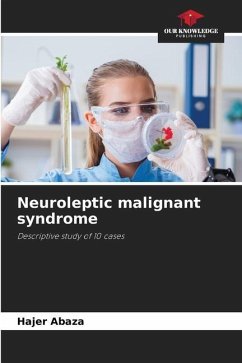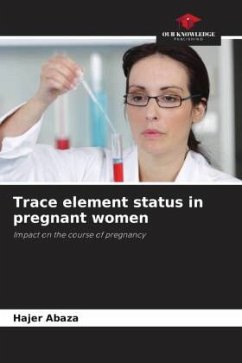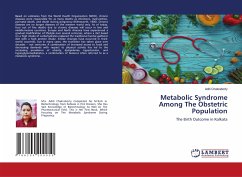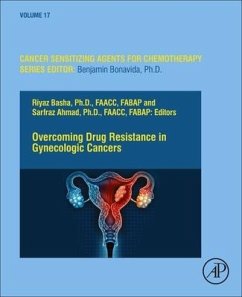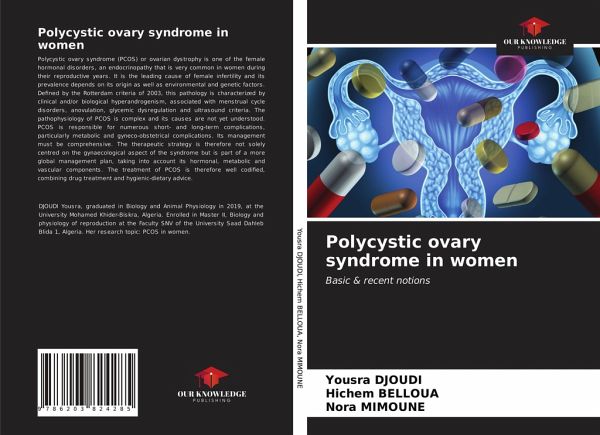
Polycystic ovary syndrome in women
Basic & recent notions
Versandkostenfrei!
Versandfertig in 6-10 Tagen
36,99 €
inkl. MwSt.

PAYBACK Punkte
18 °P sammeln!
Polycystic ovary syndrome (PCOS) or ovarian dystrophy is one of the female hormonal disorders, an endocrinopathy that is very common in women during their reproductive years. It is the leading cause of female infertility and its prevalence depends on its origin as well as environmental and genetic factors. Defined by the Rotterdam criteria of 2003, this pathology is characterized by clinical and/or biological hyperandrogenism, associated with menstrual cycle disorders, anovulation, glycemic dysregulation and ultrasound criteria. The pathophysiology of PCOS is complex and its causes are not yet...
Polycystic ovary syndrome (PCOS) or ovarian dystrophy is one of the female hormonal disorders, an endocrinopathy that is very common in women during their reproductive years. It is the leading cause of female infertility and its prevalence depends on its origin as well as environmental and genetic factors. Defined by the Rotterdam criteria of 2003, this pathology is characterized by clinical and/or biological hyperandrogenism, associated with menstrual cycle disorders, anovulation, glycemic dysregulation and ultrasound criteria. The pathophysiology of PCOS is complex and its causes are not yet understood. PCOS is responsible for numerous short- and long-term complications, particularly metabolic and gyneco-obstetrical complications. Its management must be comprehensive. The therapeutic strategy is therefore not solely centred on the gynaecological aspect of the syndrome but is part of a more global management plan, taking into account its hormonal, metabolic and vascular components. The treatment of PCOS is therefore well codified, combining drug treatment and hygienic-dietary advice.




